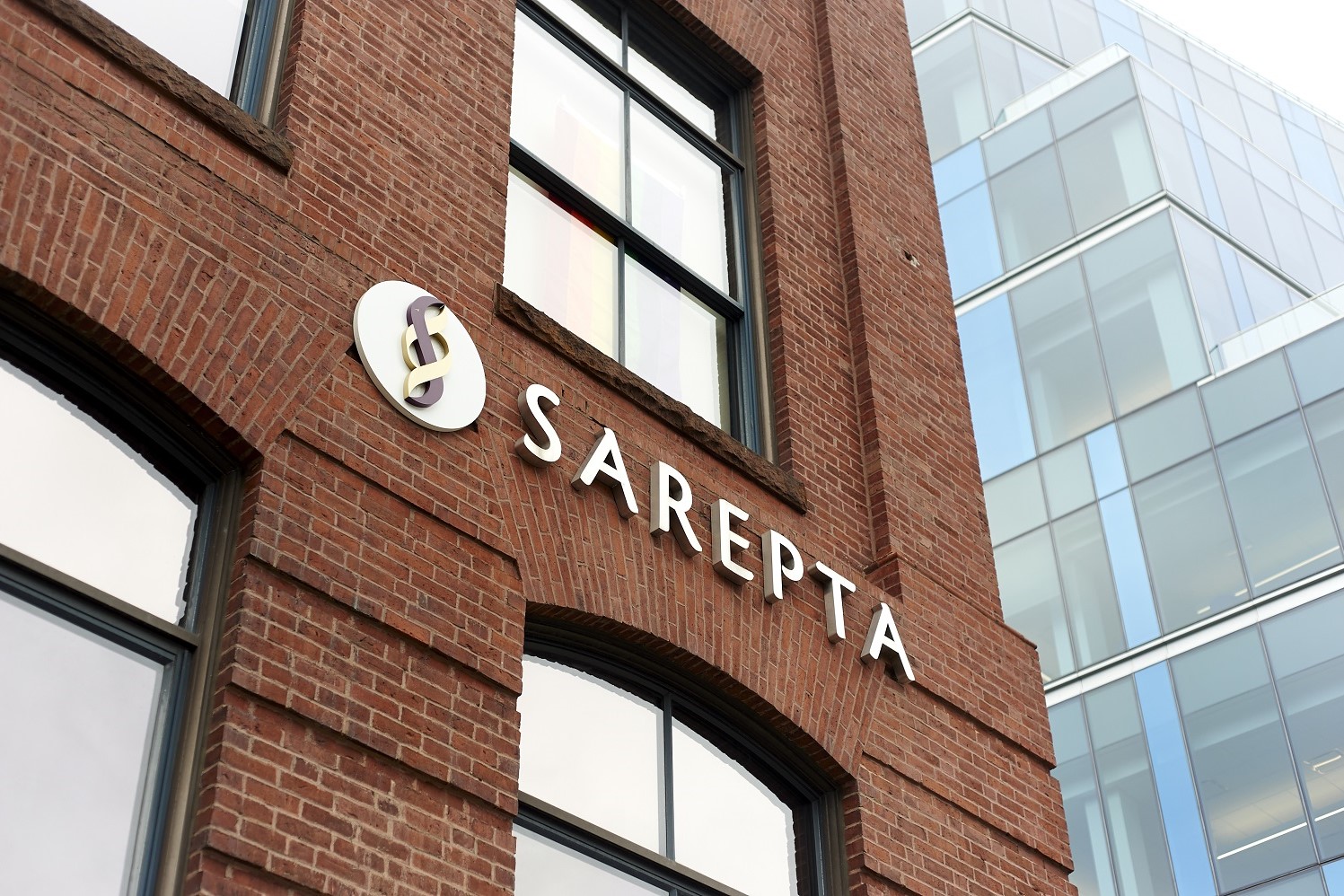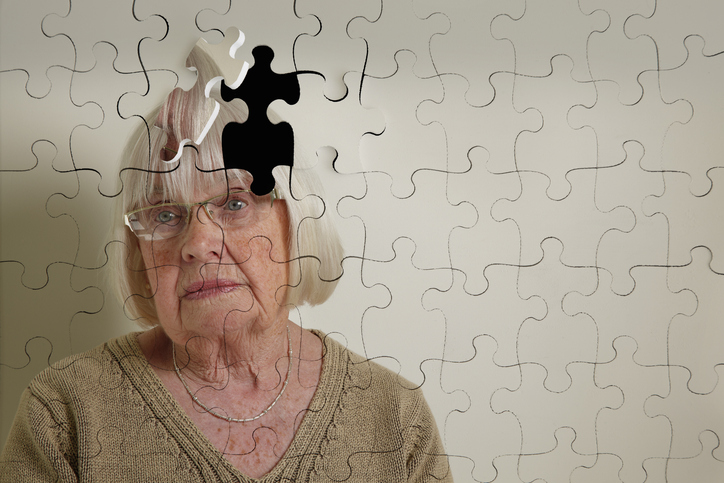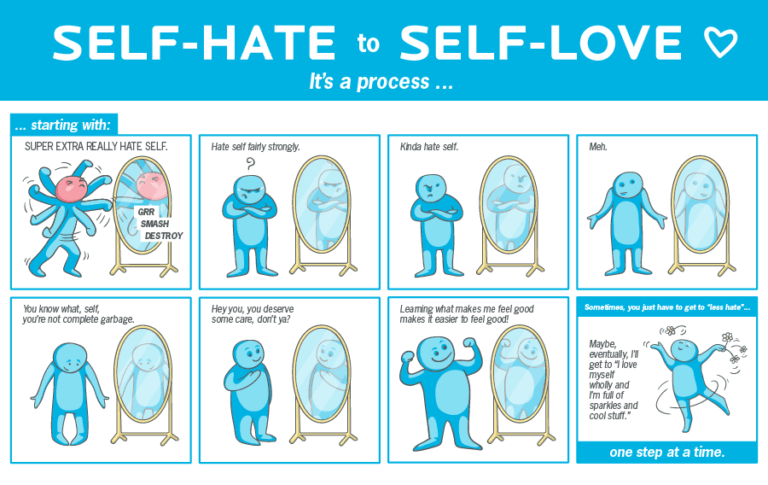
A patient has died after receiving Sarepta Therapeutics’ approved gene therapy for Duchenne muscular dystrophy — the second fatality reported by the company in the past three months. Like the first patient, the latest death followed a case of acute liver failure.
Along with disclosing the latest patient death on Sunday, Sarepta said it is developing new safety measures to mitigate the liver injury risk to patients treated with the gene therapy, Elevidys. In the meantime, the Cambridge, Massachusetts-based company is suspending shipments of the therapy for patients whose disease has advanced to the stage where they are no longer able to walk. Both patients who died were non-ambulatory.
Duchenne is a rare inherited disorder in which patients lack sufficient amounts of dystrophin, a key muscle protein. The disease affects mostly boys. Worsening muscle function robs patients of the ability to walk. The effects of the disease on the heart and the lungs typically leads to death in a patient’s 20s or early 30s.
Elevidys employs an engineered virus to deliver a version of the gene that gets muscle cells to produce a smaller dystrophin protein, microdystrophin. Excessive immune responses are a known risk of the engineered viruses used to deliver genetic medicines. This risk can be mitigated with medicines that suppress such responses. Dosing of Elevidys is according to a patient’s weight — patients who are older and heavier require a higher dose. That matters because higher doses mean higher exposure to the engineered virus, which in turn raises the risk of adverse responses.
Sarepta said it is convening an independent group of Duchenne and liver health experts to consider an enhanced immunosuppression regimen for Elevidys. The company is proposing a regimen that includes sirolimus, an immunosuppressant first approved in 1999. Sarepta is proposing use of sirolimus based on preclinical data showing this drug was able to moderate elevated levels of liver enzymes. The recommendations of the experts will be shared with the FDA; any change in the Elevidys regimen will depend on what the regulator says.
Sarepta has other approved Duchenne therapies, antisense oligonucleotides that are administered as chronic therapies. Collectively, those three products accounted for $967.1 million in revenue last year, a 2% increase over sales in the prior year. Elevidys has fast become Sarepta’s top product. The company reported $820.8 million in Elevidys revenue in 2024, up from $200.3 million in 2023, the year it entered the market.
Elevidys won accelerated FDA approval in 2023, but then failed its confirmatory clinical trial later that year. In a controversial decision, then Center for Biologics Evaluation and Research (CBER) Director Peter Marks overruled FDA staff and granted full regulatory approval in patients age 4 and older still able to walk. In patients 4 and older who are unable to walk, the decision was an accelerated approval that still requires a confirmatory study.
Sarepta has voluntarily paused the placebo-controlled confirmatory study, which was enrolling ambulatory and non-ambulatory patients in the U.S. The company said the FDA agreed with that step, which will allow for the evaluation of an amendment to the clinical trial protocol that incorporates an enhanced immunosuppressive regimen for non-ambulatory Duchenne patients.
In a research note, Leerink Partners analyst Joseph Schwartz said that the accelerated approval in non-ambulatory patients has long been a point of debate, given the lack of data in this patient population. The second fatality of a non-ambulatory patient makes it incrementally more possible that the FDA removes the therapy from the market for these patients, which represent half of all Duchenne patients, he said. Paradoxically, that could increase demand from ambulatory patients as parents try to get their children dosed before they are no longer eligible for the therapy. Schwartz said considering the lack of disease-modifying options for Duchenne, the risk/benefit profile of Elevidys remains relatively intact for younger, ambulatory boys.
“However, this will cause another reputational hit for Elevidys, and we wonder how demand in the ambulatory segment could be impacted,” he said. “Moreover, we see increased regulatory risk now, especially as CBER director Vinay Prasad has previously been a vocal critic of Elevidys’ approval.”
The second patient death could amplify investor concerns about the potential removal of Elevidys from the market, William Blair analyst Sami Corwin said in a research note. But implementing a modified immunosuppression regimen could prevent future complications in non-ambulatory patients, and William Blair believes updated labeling to reflect the liver injury risk is the more likely scenario. Corwin noted that severe liver injury and acute liver failure are flagged in a black box warning on the label of the Novartis gene therapy Zolgensma and that 2021 addition has not impacted sales.
In a separate research note, Leerink’s Schwartz said that the developments for Elevidys could open up opportunities for Solid Biosciences. Solid Bio’s gene therapy candidate, SGT-003, was designed to improve both safety and efficacy. Using a lower dose, this therapy is able to achieve greater levels of microdystrophin expression. Schwartz added that SGT-003 has the potential to be the only Duchenne gene therapy delivered without immunosuppression.
“If [Sarepta] needs to add sirolimus to their dosing regimen, then [Solid Bio] may be the only option for patients who wish to avoid or cannot undergo immunosuppression,” he said, noting that Regenxbio’s gene therapy regimen uses both eculizumab and sirolimus.
Photo by Sarepta Therapeutics





